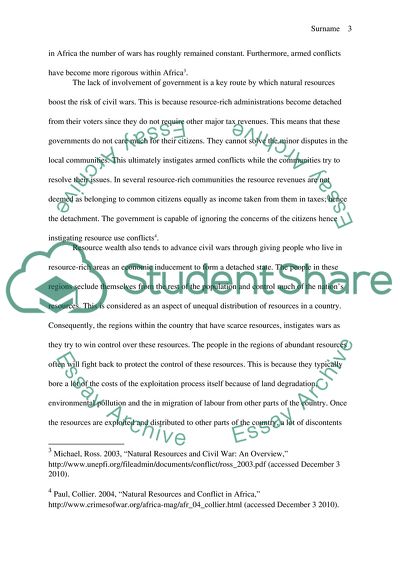Cite this document
(How important are natural resources in causing civil wars Coursework, n.d.)
How important are natural resources in causing civil wars Coursework. https://studentshare.org/environmental-studies/1746059-how-important-are-natural-resources-in-causing-civil-wars
How important are natural resources in causing civil wars Coursework. https://studentshare.org/environmental-studies/1746059-how-important-are-natural-resources-in-causing-civil-wars
(How Important Are Natural Resources in Causing Civil Wars Coursework)
How Important Are Natural Resources in Causing Civil Wars Coursework. https://studentshare.org/environmental-studies/1746059-how-important-are-natural-resources-in-causing-civil-wars.
How Important Are Natural Resources in Causing Civil Wars Coursework. https://studentshare.org/environmental-studies/1746059-how-important-are-natural-resources-in-causing-civil-wars.
“How Important Are Natural Resources in Causing Civil Wars Coursework”. https://studentshare.org/environmental-studies/1746059-how-important-are-natural-resources-in-causing-civil-wars.


